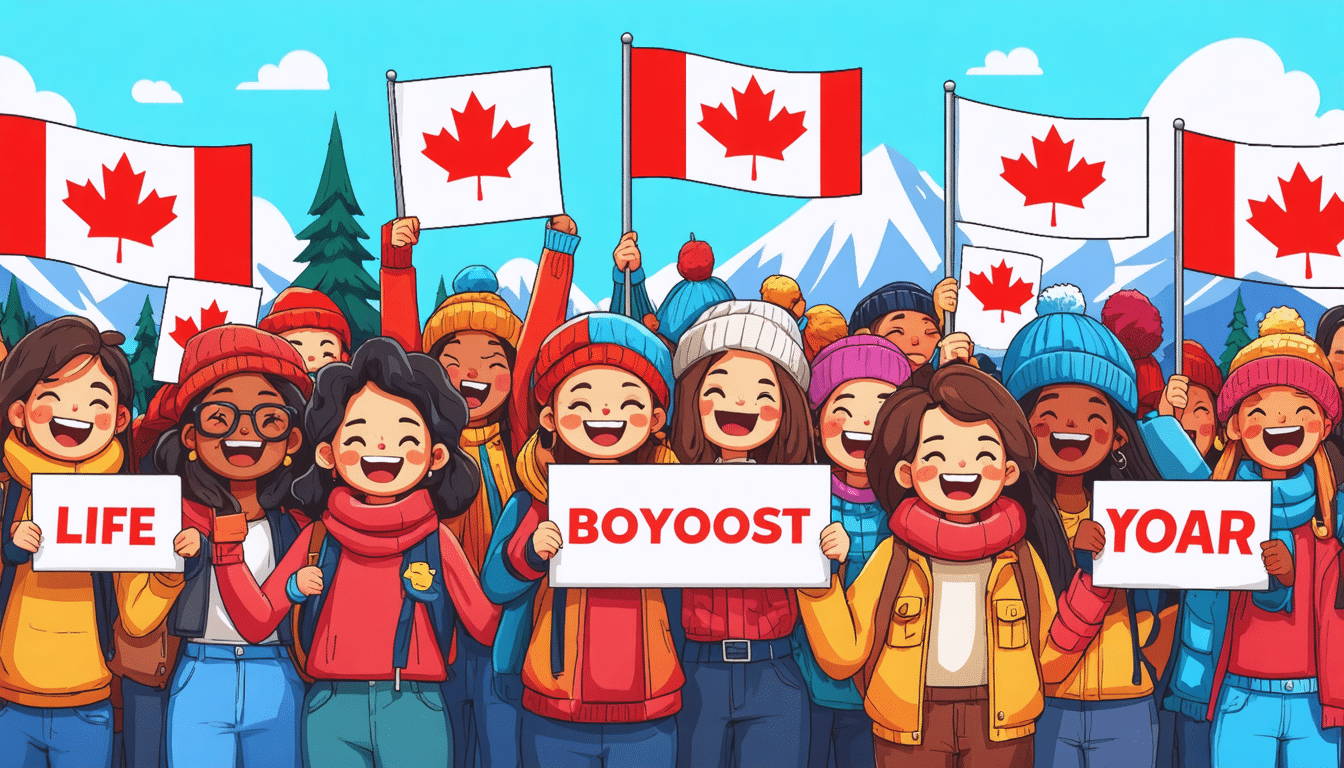|
IN BRIEF
|
In a context where tariffs hit Canadian products hard, a boycott movement has intensified among the population. Canadians, especially those in Quebec, express their anger at Donald Trump’s controversial decisions by opting to turn their backs on American products. This social phenomenon is not just a simple act of consumption but is rooted in a collective desire for protest against a policy deemed unfair. A bold adventure that combines anger, solidarity, and economic patriotism.
Canadians make the bold choice to boycott the United States
In a context of heightened trade tensions exacerbated by the imposition of 25% tariffs on several Canadian products, a true wave of resistance is rising among Canadians. In the face of President Donald Trump‘s protectionist policy, more and more Quebecers are choosing to adopt a boycott stance towards American goods and services. This movement, which sparks passionate debates, fuels discussions in homes and on social media across the country.
The impact of tariffs
The new tariffs imposed by the United States do not go unnoticed. For many Canadians, this means not only an economic impact but also a real affront to their values. Canadian products, essential to the local economy, find themselves at a disadvantage against now inflated prices. In this context, the boycott movement intensifies. Citizens’ anger manifests through several local initiatives, encouraging people not to buy American products.
The rise of the boycott movement
Since the announcement of the new tariffs, a frenzy of solidarity has developed among the population. The slogan “Don’t buy American” becomes a rallying cry for those wishing to express their discontent. On social media, thousands of Canadians announce their intention to make a conscious and responsible choice by preferring Canadian products. The trend extends beyond grocery shopping; it also affects other sectors such as clothing, technology, and even tourism.
The dilemmas of consumers
Despite the desire to boycott, many Canadians face a dilemma: the price competition. According to a study from Dalhousie University, a small portion of the population, between 7 and 9%, would be willing to take action while being aware of the economic constraints. For many, the question remains one of price. If the Canadian option is more expensive, buying American could remain a difficult temptation to resist. Thus, the problem complicates itself in supermarkets where multiple choices are available.
A response to an unacceptable policy
Fully galvanized by the situation, Canadians have mobilized not only to defend their economic interests but also to protest against what they perceive as unjust decisions from the U.S. government. Anti-Trump sentiments are clearly expressed in public discourse, where many believe that standing against these measures is a moral obligation. Civil society is organizing, with local groups forming to raise awareness about the issues related to this foreign policy.
The consequences of a national boycott
A widespread boycott could have significant repercussions. On one hand, Canadian small and medium enterprises might emerge strengthened, but on the other, this could also create tensions with American partners. For large Canadian companies that partly rely on the American market, this decision will not be without consequence. Analysts are questioning the long-term effects of such dynamics, where millions of Canadians are reassessing their travel and consumption plans.
A long-term collective choice
The boycott of American products might fall within a logic of manifest protectionism. Through this movement, Canadians demonstrate their desire to defend their economic autonomy and promote products from their own terroir. Small artisans, local producers, and Canadian brands are taking center stage, thereby reinforcing a sense of national pride. While outcomes are yet to unfold, this collective momentum shows that indignation can transform into meaningful action.
The voices of consumer resistance
Voices are rising, consumers are taking a stand, and knowledge is rooted in every purchasing choice. Debates surrounding the boycott are intensifying, leading to discussions and exchanges within communities. The strength of this movement lies in its ability to unite diverse voices under one banner, marking an era where social responsibility and collective awareness take precedence over mere economic choices.









